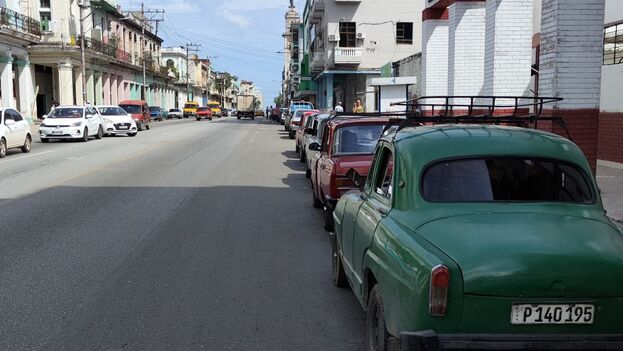
EFE (via 14ymedio), Havana, 2 January 2024 — One of Cuba’s biggest economic reform measures in decades will take effect in 2024, raising prices for energy, water, natural gas and petroleum and ending the universal food subsidy.
While stressing that its plan will not affect the poorest segments of the population, the government has highlighted the urgent need to address the economic crisis afflicting the country, which has seen a shortage of basic goods, a drop in gross domestic product (GDP) of between 1% and 2 % in 2023, and a fiscal deficit close to 19%.
The plan has sparked criticism from independent economists and opposition figures, however, who have pointed out that it will only exacerbate the island’s already obvious economic inequalities. Rather than an economic adjustment plan, they claim the reforms are little more than cosmetic changes with little substance.
One example is electricity, the cost of which will rise 25% this year for the top 6% of income earners
After making a surprise end-of year announcement of the so-called Macro-economic Stabilization Plan to the National Assembly, Prime Minister Manuel Marrero claimed that, given the “war-time economy” the country is facing, the state could no longer afford to waste money on certain subsidies.
One example is electricity, the cost of which will rise 25% this year for the top 6% of income earners.
Another change is that tourists will now have to pay for gasoline in hard currency while everyone else will see fuel prices rise. The government does not anticipate that this increase will apply to transport workers such taxi drivers, however.
Meanwhile, water bills will triple for those whose service is not metered while the price of liquified gas will increase 25%.
One of the most notable features of the government’s measure is an end to the subsidy which allows all Cuban consumers to purchase products at heavily discounted prices u


